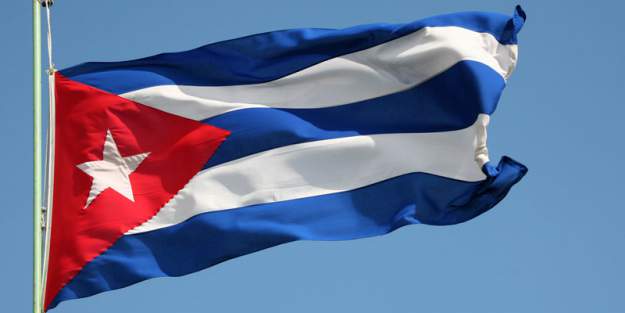American LGBTs saw the power of the presidency in action when President Obama announced his ‘evolution’ and support for marriage equality in May 2012.
His statement made an enormous impact on the fight for marriage equality. And three years later, same-sex marriage came to all of the United States.
Now, Cuba is preparing for a nationwide referendum on changing the language in its constitution from defining marriage as a “voluntary union of a man and a woman,” to recognizing marriage as “between two people.”
And the president of Cuba, Miguel Díaz-Canel, has publicly announced his support.
According to the BBC, Díaz-Canel said in an interview with Telesur he favors recognizing “marriage between people without any restrictions.”
He added that embracing marriage equality is “part of eliminating any type of discrimination in society.”
The Cuban president acknowledges that Cuba has “been going through a massive thought evolution and many taboos have been broken.”
Much of the credit for Cuba’s ‘evolution’ on marriage is due, in great part, to the efforts of Mariela Castro, daughter of former President Raúl Castro.
Ms. Castro, who leads the Cuban National Centre for Sex Education, has spent years speaking out on behalf of LGBTQ rights. And those efforts are clearly paying off today.
Cuba bears a long, hideous history regarding the treatment of LGBTs.
In 1959, after the rise of Fidel Castro, 25,000 gay men were rounded up and sent to labor camps.
And during the height of the AIDS pandemic, those with HIV were quarantined in government-run sanitariums. That practice ended in 1993.
But even with the country’s “thought evolution,” it comes as no surprise that there are still hills to climb in the form of Cuba’s religious leaders.
Cuba’s Catholic Church, Assembly of God Pentecostal Church, the Evangelical League and Methodist Church all vigorously oppose the idea of marriage equality.
Cuban citizens head to the polls in February to cast their votes on the new constitution.


